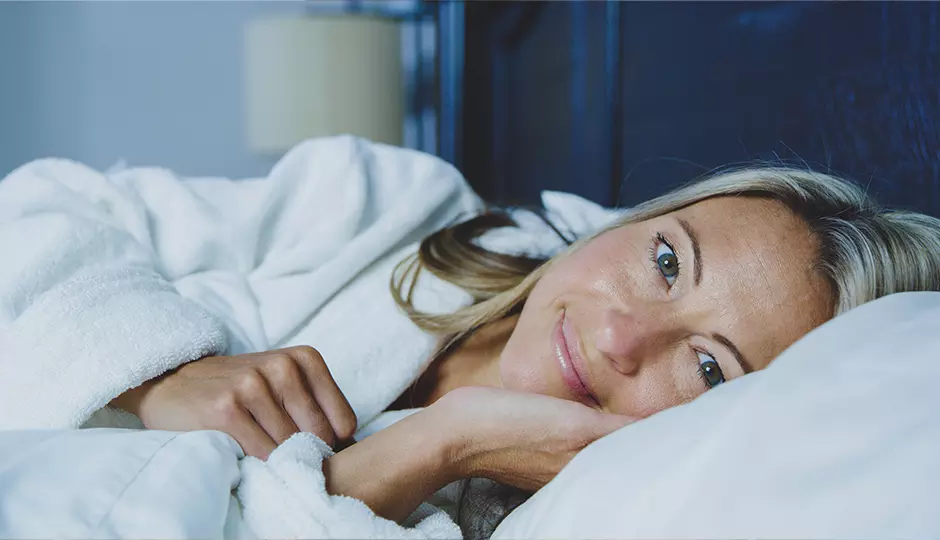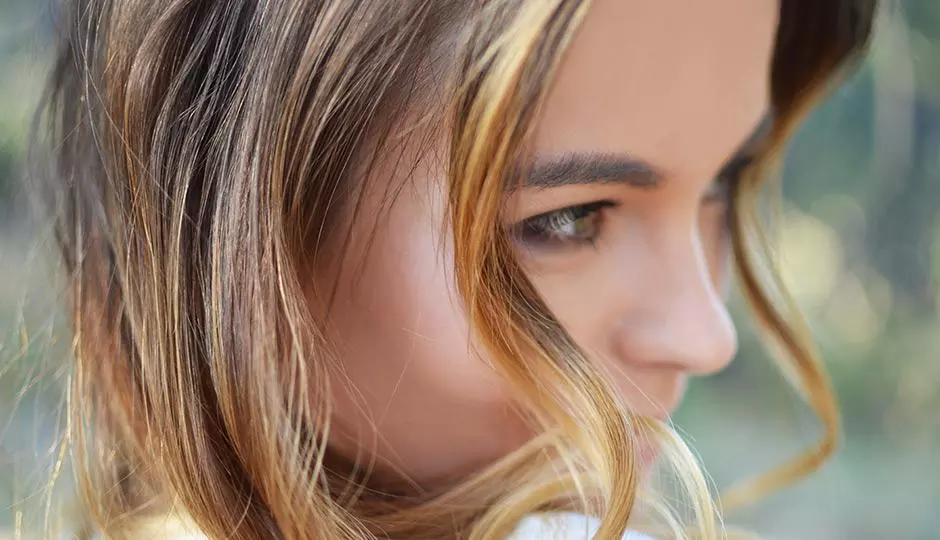There's no question that hair thinning and loss in men and women can be caused by a number of factors, including heredity, age, stress, medications, and more. But what about how well you sleep at night? Could not getting enough sleep be contributing to your hair loss or thinning? Here's what you should know about the role that quality sleep can have on your luscious locks and how to treat hair thinning and loss from the experienced team at LH Hair.
Importance of Sleep for Hair Growth
Getting enough sleep is essential to maintaining good overall physical, mental, and emotional health. Not only can a lack of sleep compromise your immune system, making you more likely to get sick when you're sleep deprived, but it can also lead to a decrease in the growth hormones that are used to replace cells needed for your body to function properly.
Likewise, sleep deprivation can negatively impact your mental and emotional wellbeing, making it more difficult to concentrate, feel your best, and, of course, manage stress throughout the day. In order to stay both physically and mentally healthy, it's imperative that adults get at least 8 hours of sleep in a 24-hour period (either all at night or broken up into 6-7 hours at night and a 1-2 hour nap).
Lack of Sleep May Impact Hair Loss
Due to its significance in helping your body work properly both physically and mentally, it's no surprise that not sleeping well could lead to hair thinning or hair loss. There are many reasons why sleep and healthy hair go hand in hand. First and foremost, being sleep deprived can lead to higher stress levels, which is one of the leading contributors in thinning hair. Additionally, research shows that the adult stem cells needed to promote hair growth are dependent on a person's internal circadian clock. When this circadian clock is disrupted by staying awake for too long or waking up during the night, the normal hair growth cycle could be affected, resulting in hair thinning or loss. The bottom line? If you're striving to achieve a thick, healthy head of hair, getting enough sleep at night should be your first priority.
Tips to Get Better Sleep
While you may not be able to alter your age or genetics to improve hair growth, the good news is you can take steps to get a better night's sleep. Here are some simple tips to ensure that you get the best sleep possible and promote natural hair growth:
- Set a Routine: Strive to go to sleep and wake up at the same time every day.
- Choose Your Diet Carefully: Limit your consumption of caffeine and alcohol, especially a few hours before bedtime.
- Stay Active: Incorporate exercise into your daily routine, such as a 30-min walk on your lunch break.
- Manage Stress: Incorporate journaling, setting priorities, and "me time" into your day to reduce your worries.
LH Hair Can Help You Restore Your Hair
Even when they get plenty of sleep at night, many men and women still experience hair loss and hair thinning. If this sounds like you, LH Hair is here to assist you on your journey to restore your hair's natural beauty. Our trusted hair restoration specialists are ready to diagnose the cause of your hair loss, create a customized treatment plan, and achieve the look you have in mind. To learn more about our top-of-the-line hair growth treatments, products, and techniques, contact us today to schedule your FREE consultation. We are committed to providing compassionate, professional care in a comfortable environment to every person we have the pleasure of serving.



